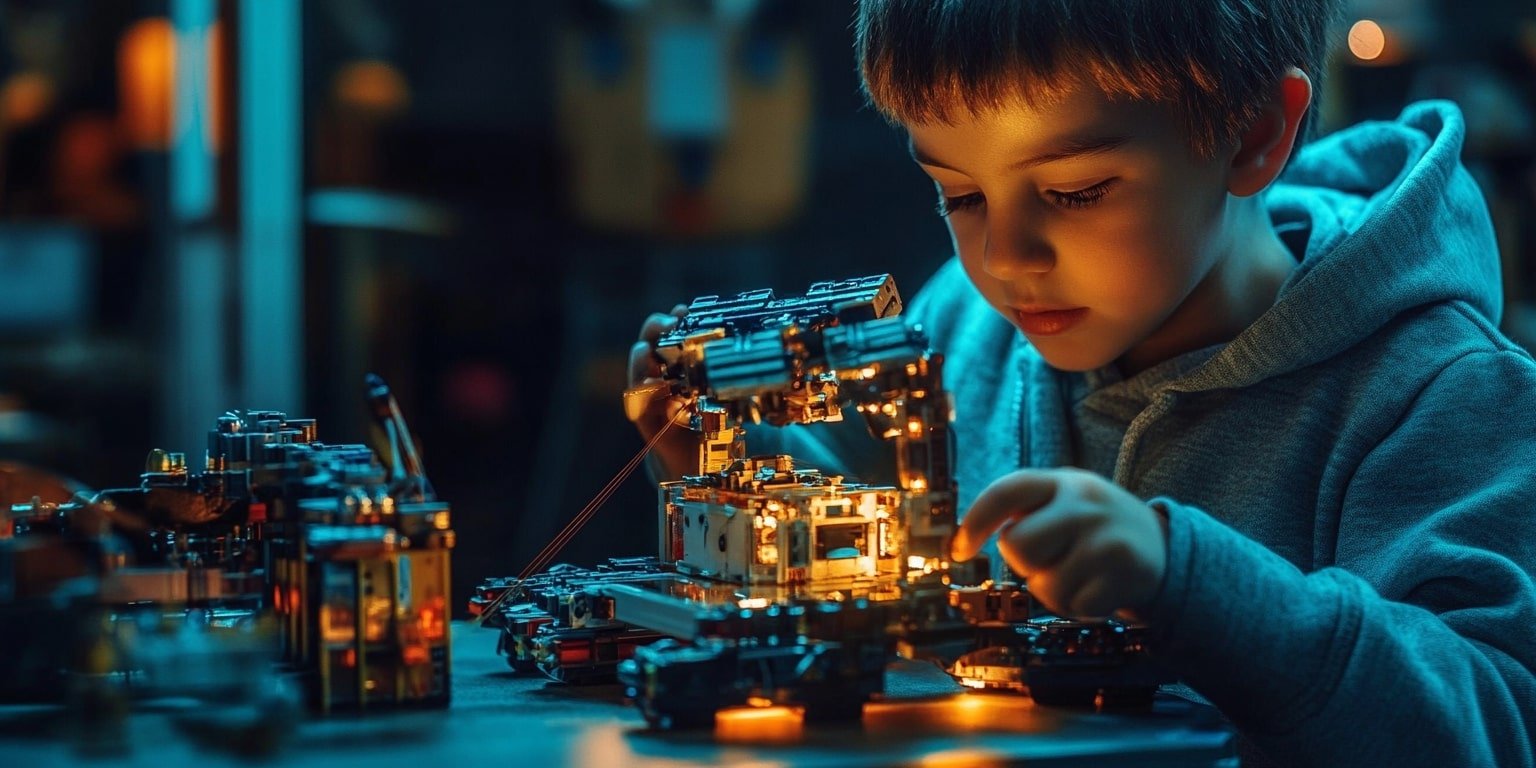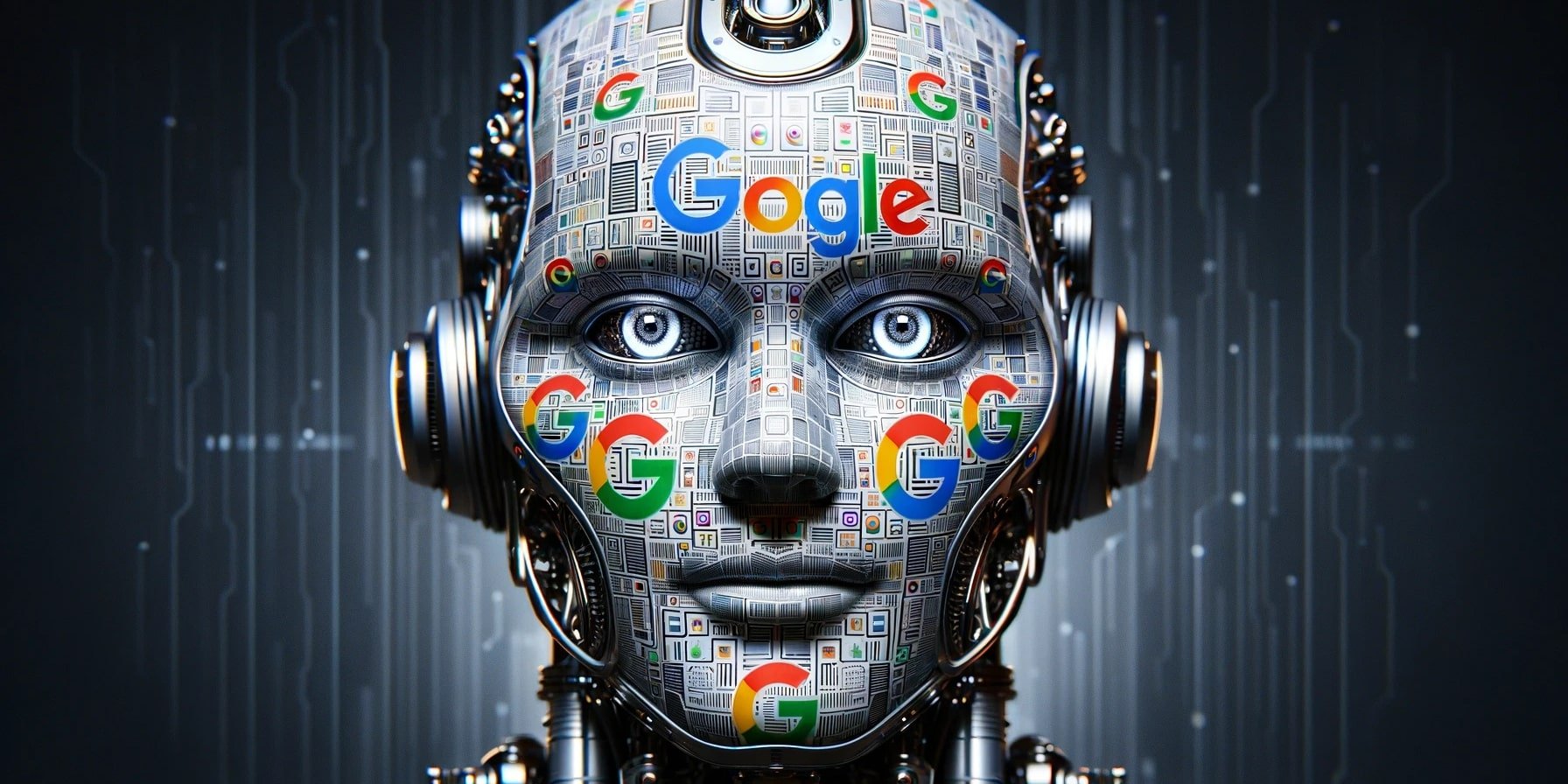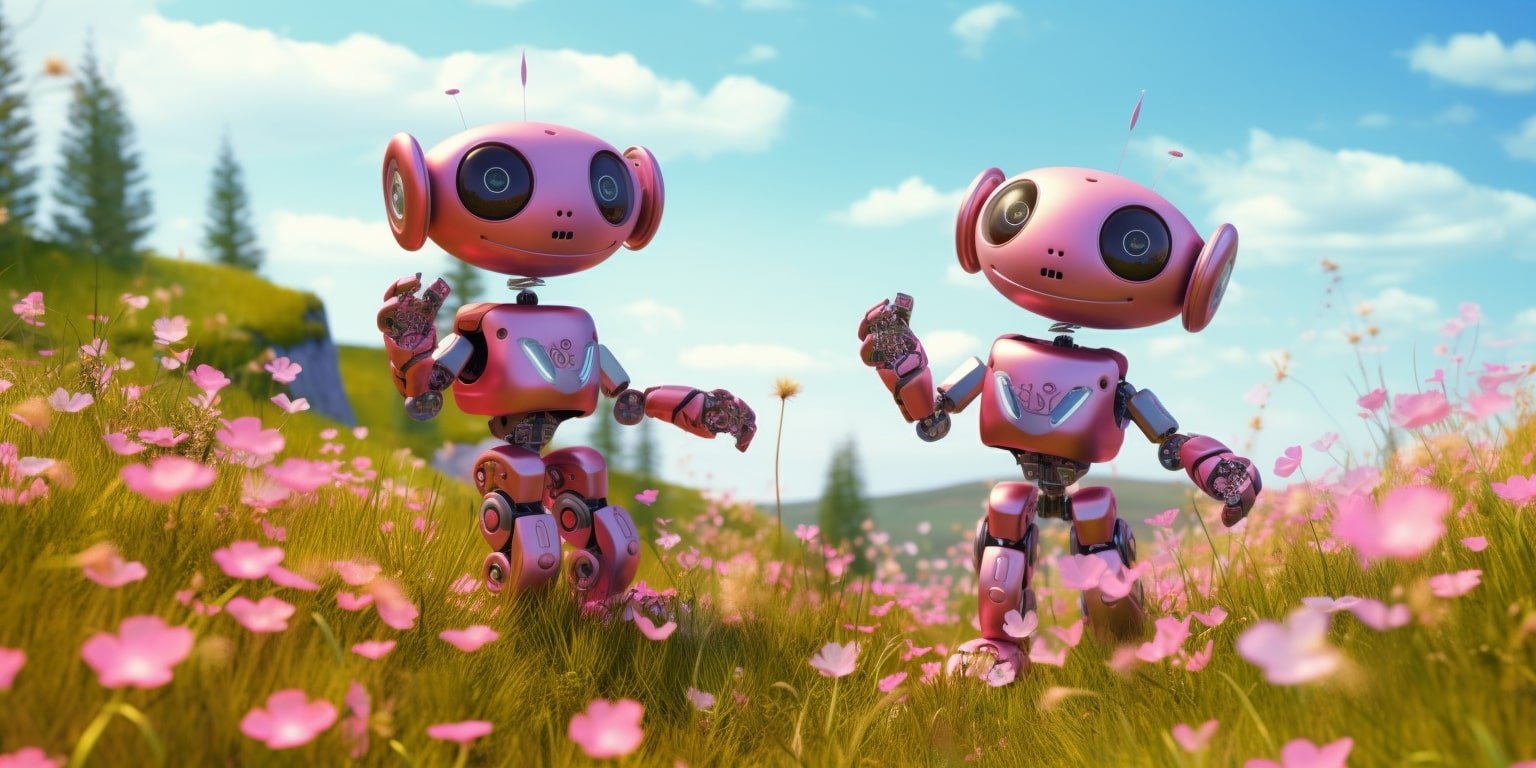AI Education

Here is a selection of our most recent AI education content.
As AI rapidly reshapes white-collar work, early data already shows rising unemployment in the most exposed industries, raising the provocative question of whether certain knowledge-worker roles are ultimately destined for 100 percent automation as AI accelerates toward AGI.
Large language models are becoming both powerful security tools and high-value targets, creating new attack surfaces where multimodal exploits, jailbreaks, prompt leakage, and AI-assisted cybercrime are evolving faster than current defenses.
A clear and beginner-friendly explanation of how artificial intelligence works, from data and training to how models like ChatGPT and Midjourney generate their results.
This post was written inside the Squarespace UI editor using ChatGPT Atlas’s agent mode.
Exploring Neanderthal intelligence reveals how ancient human minds, modern cognition, and today’s evolving artificial intelligences each reflect different paths toward problem-solving and creativity.
We are already living in an AI-first world where search, work, creativity, communication, health, and education are being quietly but radically transformed.
Vibe coding delivers quick wins, then leaves you stranded, because maintainable software still demands real engineering.
A critical look at the growing trend of digital marketing “experts” whose main product is a course on how to sell courses, creating a loop of recycled content with little real-world value.
To achieve digital immortality, begin compiling a rich dataset of your personal writings, voice recordings, and videos to enable AI to recreate your personality and presence for future interactions.
Introduce your child to robotics with the “My First Robots” kit. This educational tool fosters STEM skills through hands-on learning, coding, and creativity.
Using Hedra’s generative video AI, we created compelling e-commerce video mockups, finding that the technology excels when focusing on facial features but struggles with upper or full-body shots, leading to less realistic results.
We critique the GPT-4o model for its lack of creativity and repetitiveness in generating AI-related jokes, noting that while the jokes are safe and grammatically correct, they lack the humor and originality found in previous models.
Leveraging AI for blog writing involves generating an initial outline, creating detailed content for each chapter with iterative refinement, rigorous fact-checking, incorporating expert input, and enhancing visual impact with AI-generated images, all while emphasizing the crucial role of human oversight for accuracy and coherence.
Large Language Models (LLMs) demonstrate impressive capabilities in mimicking human-like text generation, but they lack true understanding and reasoning, positioning them as advanced tools in narrow AI rather than embodiments of genuine intelligence.
The article explores an experiment where GPT-4o attempts to understand and communicate in a completely made-up language with similarities to a German dialect, showcasing its ability to adapt and learn from context despite the language’s artificial nature.
Our AI Blog readership spans across North America, with significant clusters in major tech hubs and urban centers, highlighting a widespread interest in artificial intelligence.
This blog post provides professionals with actionable steps to stay relevant and thrive in an AI-driven workplace by embracing lifelong learning, developing human-centric skills, leveraging AI tools, and actively networking and staying informed about industry trends.
Explore the dynamic coexistence of humans and AI, focusing on collaboration, economic impacts, and ethical considerations.
Dive into the history of artificial intelligence, from ancient myths to the pivotal roles of McCarthy and Turing in shaping AI as we know it.
In the ever-evolving landscape of artificial intelligence, we bid farewell to Bard, a pioneering AI companion that has been a source of creativity, learning, and exploration for many.
We sat down with Bard/Gemini to see what Google has been up to with their newest LLM/AI.
The limitations on the speech of Large Language Models (LLMs) like the one you're interacting with are primarily due to a combination of ethical, legal, and practical considerations.
We sat down with Grok to have a conversation about it, its capabilities, access to current information, and more.
The maker of ChatGPT had made progress on Q* (pronounced Q-Star), which some internally believe could be a breakthrough in the startup's search for superintelligence, also known as artificial general intelligence (AGI).
Today we examine the transition of robots from friendly, useful, and helpful robots to evil, sinister (and killer) robots with an analysis of the transition from each stage to the next.
GPT-4 (AI) is very coy about the fact it outsmarts you by one or more orders of magnitude.
Here we embark on a weight loss plan using skateboarding as the main form of exercise following a plan laid out by GPT-4.
The AI Blog is a leading voice in the world of artificial intelligence, dedicated to demystifying AI technologies and their impact on our daily lives. At https://www.artificial-intelligence.blog the AI Blog brings expert insights, analysis, and commentary on the latest advancements in machine learning, natural language processing, robotics, and more. With a focus on both current trends and future possibilities, the content offers a blend of technical depth and approachable style, making complex topics accessible to a broad audience.
Whether you’re a tech enthusiast, a business leader looking to harness AI, or simply curious about how artificial intelligence is reshaping the world, the AI Blog provides a reliable resource to keep you informed and inspired.






























In 2026, AI advantage will not come from tools but from focus. This piece outlines three concrete, disruptive moves businesses can make to turn AI into durable leverage, plus the contrarian and pessimistic views leaders should confront head-on.